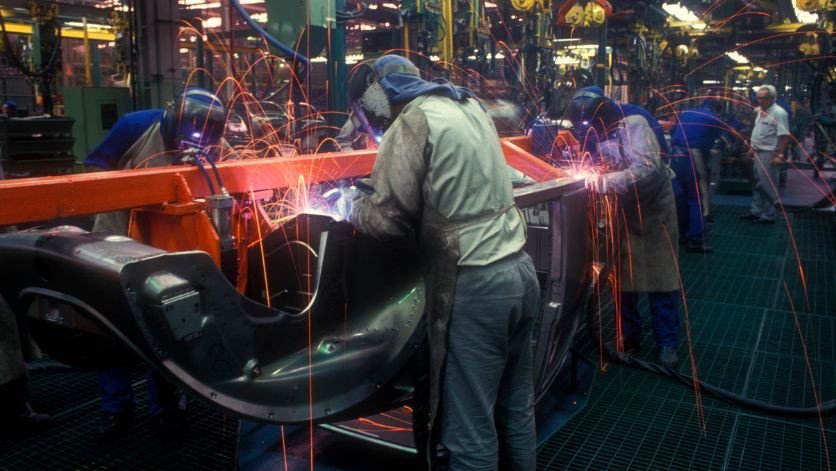Share

The most visible impact of this order will be seen in the Government buying of IT and other technology products. In an effort to further push the Make in India initiatives, the Government has tightened public procurement norms by excluding imported inputs, while calculating the local content in its purchase orders. In the latest revision to its Public Procurement (preference to Make in India) Order 2017, the Department for Promotion of Industry and Internal Trade (DPIIT) has also clarified that procurement and supply of repackaged, refurbished, rebranded & imported products shall be treated as selling imported products.
This order will help the recent efforts of the Government to boost local manufacturing of high-technology items and IT products through tariff protection and sops like the production linked incentive (PLI) scheme. The purchase preference order was first issued in 2017 to encourage manufacturing and production of goods and services in India. As per the order, manufacturers making a product under the PLI scheme will be deemed Class II local supplier of that item, unless they have local content equal to or more than the Class I local supplier. This concession to PLI will be applicable for a limited period, which will be specified by the Ministry running a particular PLI scheme.
A Class I local supplier is one whose goods, services or works offered for procurement has local content of 50% or more. Class II local supplier is the one with the local content of more than 20% and less than 50%. It is a welcome step that DPIIT has incorporated what has been demanding since the past so many years. Issue of EPC and turnkey contracts, definition of domestic value addition and clarifications on Class 1 are welcome. Now it is very important that the Department of Telecommunications also makes changes with reference to this policy.
Now imported products will not fly under the garb of transfer of technology agreements, unless so specified by the nodal agency for products, where capacity is not available. In areas, where sufficient local capacity and competition exists, only Class I local suppliers are eligible to bid, irrespective of the order value. Only Class I and Class II suppliers are eligible to bid for all Government tenders, unless a global tender is floated for the procurement.
The 0rder also gives purchase preference to the local suppliers in the Government contracts and given an opportunity to match the lowest bids, if they miss out. The margin of purchase preference is 20%. To ensure that the order is fully implemented, the Ministries, Departments and other Government entities have been asked to obtain from bidders the cost of locally-sourced imported items, along with the break-up of royalties and other fees. For the items sold by the bidders as reseller, OEM certificates for country of origin are to be submitted.



